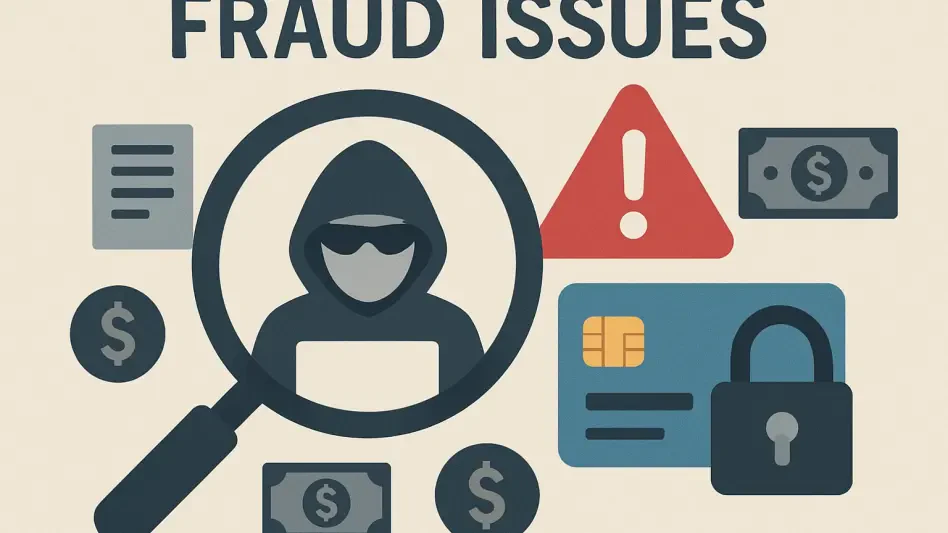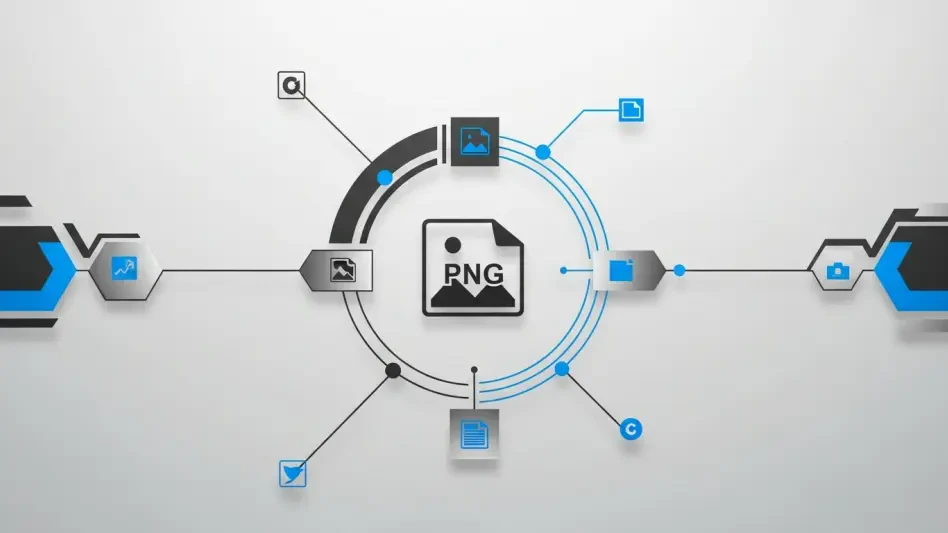Minnesota has been thrust into the spotlight as its governor, Tim Walz, faces mounting scrutiny over alleged misuse of state program funds, a recurring theme hampering his administration. These incidents center around the alleged fraudulent misuse of Medicaid funds earmarked for vulnerable populations, including a recent controversy involving the Minnesota Housing Stabilization Services program. This program, designed to provide housing stability for older adults and individuals with disabilities, has become the focal point of federal investigations following FBI raids on several provider sites. These raids not only highlight governance challenges but also raise broader questions about accountability and transparency within the state’s administration.
The Historical Context of the Fraud Controversies
Since early 2022, a number of high-profile fraud cases have emerged under Governor Walz’s tenure, significantly impacting his administration’s credibility. One of the earliest notable cases involved the misuse of approximately $300 million stemming from the “Feeding Our Future” initiative during the COVID-19 pandemic. This initiative was intended to provide nutritional assistance to underprivileged children, yet massive funds were illicitly siphoned off, marking a critical point in the administration’s oversight challenges. Further compounding these issues, a more recent investigation revealed fraud within state autism treatment centers in December 2024, adding to the administration’s growing list of oversight failures. These continued fraud incidents have provided ample fodder for critics, particularly the Republican opposition, who highlight these as evidence of systemic weaknesses in the management of public funds.
Political adversaries have been swift to capitalize on these controversies, forming strategic efforts to hold the Walz administration accountable, arguing that the governing bodies exhibit a pattern of negligence. In response, a political action committee, notably “Fight the Fraud,” has emerged. This committee’s intention is to increase scrutiny on the administration, emphasizing the urgency for federal intervention. Republican legislators, in concert, have petitioned the U.S. Department of Health and Human Services, urging for a comprehensive audit of Minnesota’s Department of Human Services. Their stance is that such oversight is necessary given the gravity and persistence of fraud cases impacting programs like Housing Stabilization Services.
Responses and Proposals from Government Entities
In the face of criticism, various lawmakers have noted shifts in the state’s Department of Human Services’ response to fraud, especially in light of increased federal attention. Representative Kristin Robbins has recognized some improvements in responsiveness due to these investigations, yet concerns remain about earlier lapses in identifying potential red flags. Such oversight failures underscore the need for more stringent monitoring mechanisms. Temporary DHS Commissioner Shireen Gandhi has defended the agency’s initiatives, claiming successful fraudulent activity identification due to collaboration with federal entities. She highlighted the need to enhance program integrity continuously, given the sophistication of modern-day fraud schemes.
One critical proposal under consideration is establishing a new Office of Inspector General dedicated to investigating state-run programs with the autonomy to address fraud proactively. This office would hold substantial powers, including the ability to freeze public funds and suggest legislative reforms. Although Governor Walz expressed some initial openness to the proposal, internal inconsistency and varying levels of support have been observed among his administration and other stakeholders. Critics, such as Senator Heather Gustafson, have voiced frustration over perceived resistance to more aggressive reforms, highlighting an internal preference for gradual adjustments over comprehensive agency reform.
The Governor’s Measures and Continuing Challenges
Governor Walz, amidst these challenges, has stated his unwavering dedication to confronting public program fraud, labeling such misappropriation of funds as criminal acts against the state’s most vulnerable citizens. Recently, following the autism centers investigation, Walz instituted a specific fraud investigation unit and proposed several legislative actions aimed at preventing fraud, gaining success with some of these initiatives. Notably, the administration is considering incorporating advanced technologies, such as artificial intelligence, for early detection of fraudulent activities, reflecting an effort to proactively deter potential misconduct.
Despite these measures, skepticism persists about the administration’s ability to effectively address and counter the ongoing criticisms of its handling of fraud issues. Acting U.S. Attorney for Minnesota, Joe Thompson, emphasized the necessity for the state to acknowledge and directly tackle the substantial fraud problems, warning that overlooking these persistent issues is untenable. The gravity of these challenges has sparked discussions about the potential long-term political impact on Walz’s administration, with speculations regarding the governor’s future standing amidst ongoing controversies.
Political and Public Implications
The political implications of these fraud scandals continue to emerge as subjects of speculation and analysis. Political science experts, including David Sturrock, have posited that, despite the seriousness and frequency of these fraud cases, the intricate nature of the issues involved and their indirect connection to Governor Walz might mitigate their impact on his overall political reputation. Furthermore, as time progresses, public interest and the immediacy of these issues could fade, consequently lessening their political ramifications for the administration.
The investigation timeline dating back to the initial “Feeding Our Future” probe in January 2022 serves as a critical reference point, highlighting the ongoing nature and complexities of fraud concerns that have beleaguered Minnesota’s state programs. Understanding these developments provides insight into the broader systemic challenges faced by the Walz administration and the potential opportunities for comprehensive reform. Through this narrative, the multi-layered fraud issues affecting Minnesota’s governance are revealed, highlighting the differing perspectives on addressing these systemic shortcomings.
Navigating Future Solutions and Reforms
Minnesota finds itself in the national spotlight as Governor Tim Walz confronts increased scrutiny due to alleged mismanagement of state funds, a persistent issue plaguing his administration. The controversy revolves primarily around accusations of fraudulent use of Medicaid funds intended to aid vulnerable groups. A recent focal point is the Minnesota Housing Stabilization Services program, designed to ensure housing stability for older adults and individuals with disabilities. This program has come under the microscope following FBI raids on several service provider locations. These raids underscore pressing governance challenges and prompt broader discussions about accountability and transparency in the state’s administration. The situation raises critical questions about systemic oversight and the effectiveness of mechanisms meant to safeguard public resources. As investigations continue, the administration faces growing pressure to address these issues and restore public trust in their commitment to ethical governance and proper use of state funds.








